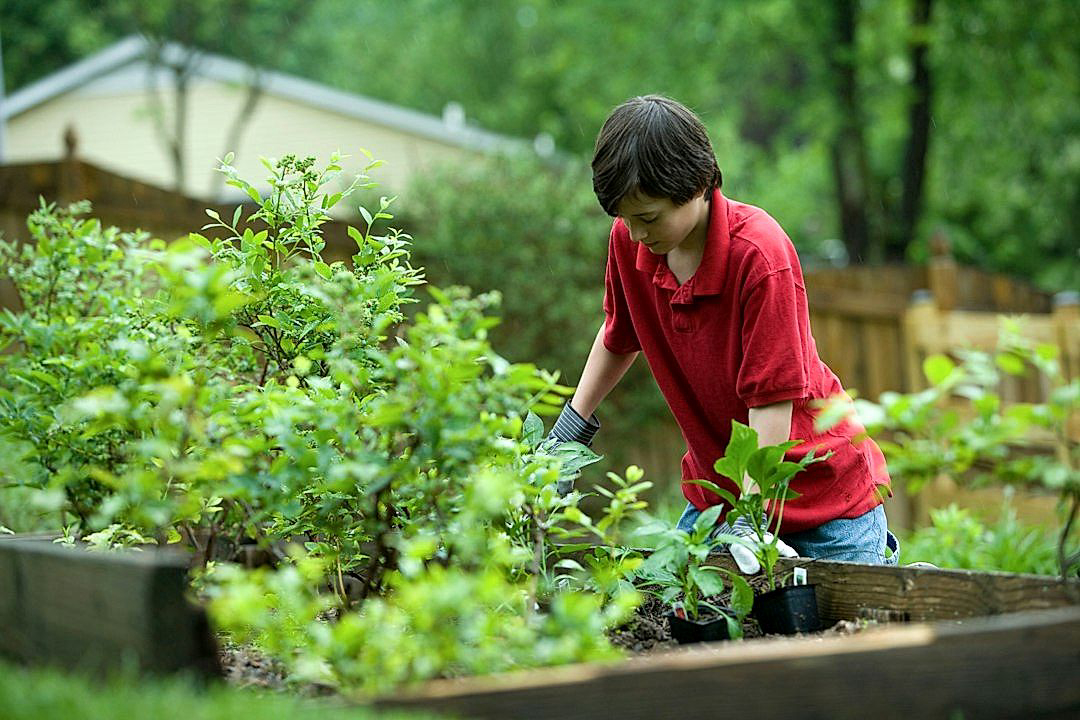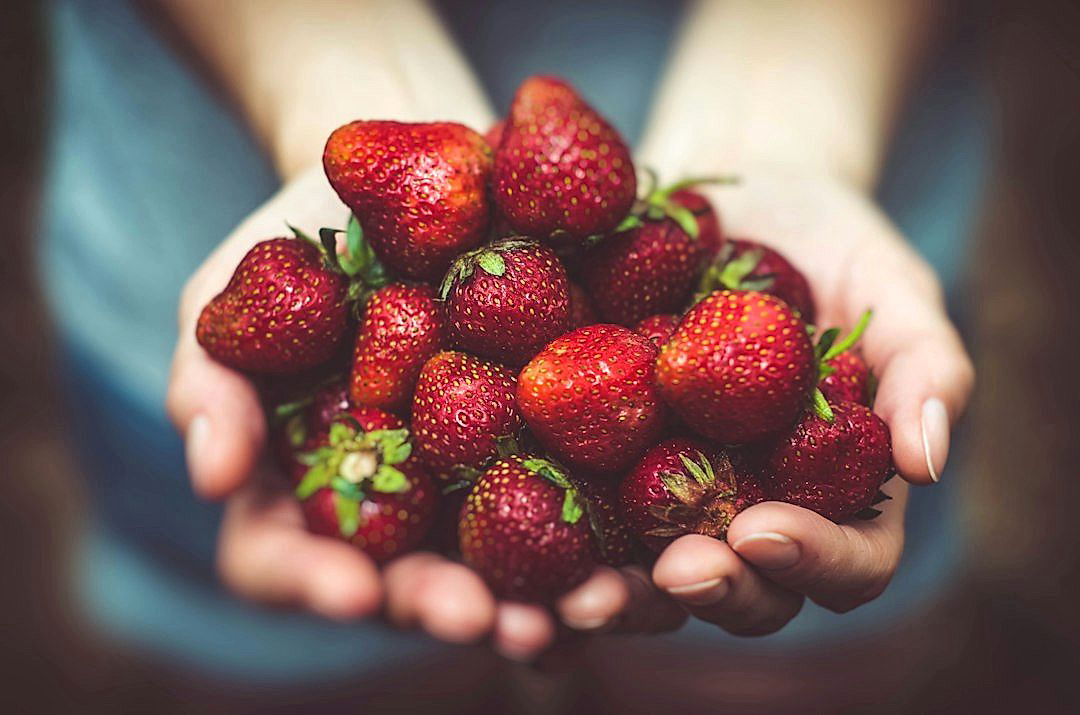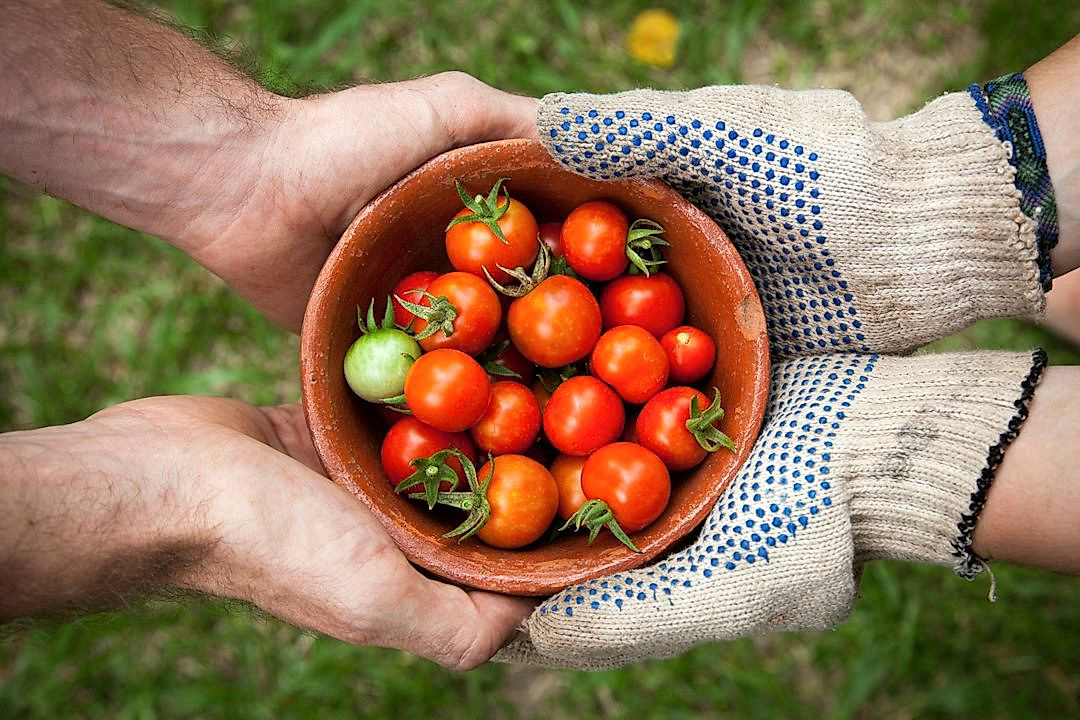The global market for organic produce packaging has been in the limelight for a decade.
Its evolution has been fueled by the surging consumer preference for sustainable, chemical-free food and awareness of environmental conservation.
While it initially captured the attention of a niche population, it now beholds an expansive and diverse consumer base.
The demand for conveniently wrapped, sealed, and carried organic produce is steadily growing.
The revolutionary sustainability trends are anticipated to have a notable impact on the pace of growth in this market.
In this discussion, we explore the burgeoning opportunities in this dynamic sector.
Growth Opportunities In The Organic Produce Packaging Market
1. Expanding to Untapped Emerging Markets
The first growth opportunity in the organic produce packaging market is the expansion into untapped emerging markets.
Emerging markets, by definition, are economies that are progressing towards becoming advanced, primarily marked by increased marketization, rapid growth, and industrialization.
An untapped emerging market is an economy which is yet to be fully explored or exploited by businesses, thereby presenting immense growth opportunities, especially in the organic produce packaging industry.
These markets typically present an existing demand for products or services, in this case, organic produce packaging, but are underserved due to various market conditions.
Moreover, the shift in consumer behavior in these markets provides a promising platform for the exponential growth of these products.
The sophistication and increased awareness among consumers in these emerging markets have led to a surge in demand for organic produce, thereby creating a need for sustainable and convenient packaging.
This presents manufacturers with a revenue boost that comes from penetrating new markets.
Also, these markets often have less stringent regulations, allowing for more innovation and creativity in the development of organic produce packaging.
It is, however, notable that while these markets pose a considerable potential, they also present their own set of challenges.
These challenges mostly revolve around cultural differences, regulatory hurdles, and logistical issues, which businesses planning to expand into these markets need to understand and address.
Companies must conduct thorough market research to determine the market’s receptiveness to their products, and devise strategies that resonate with the consumers’ behaviors, needs, and expectations in these markets.
Expanding into these markets should also involve the development of relationships with local entities and partners, which can facilitate smoother market entry and operation.
Most importantly, the expansion should be aligned with the company’s overall strategy while ensuring that it adds value to the local consumers and economy.
It is also prudent to adapt the product offerings based on the unique preferences of the market, including but not limited to dietary habits, environmental concerns, and local industry regulations.
Tailoring the packaging and marketing to appeal to local preferences can significantly improve market receptiveness and product success.
In all, even though it may be a complex process, expanding into untapped emerging markets presents one of the biggest growth opportunities within the organic produce packaging industry.
2. Investing in Sustainable Packaging Technology
As the organic produce packaging industry rapidly expands, companies must consider the importance of implementing sustainable packaging technology.
Investments in this field not only reflect a commitment to environmental sustainability, but it also represents a vital strategy for market differentiation and growth.
The current trend of consumer consciousness towards the environmental impacts of their purchases acts as a catalyst for the uptake of sustainable packaging solutions.
Companies can thus tap into the opportunity of consumer preference for eco-friendly products, increasing market share and profitability.
By investing in sustainable packaging technology, organic produce packaging companies can secure a competitive edge in the industry. The focus on sustainability is more than an ethical choice, it is a strategic business move.
The implementation of sustainable packaging can take various forms, from biodegradable packaging materials to sustainable printing techniques and beyond.
Through leveraging advancements in packaging technologies, companies can reduce their carbon footprint while maintaining the quality and integrity of the organic produce.
These technologies, such as intelligent packaging systems and nanotechnology, offer captivating possibilities for the innovation of sustainable, eco-friendly packaging solutions.
The development and acquisition of these advanced packaging technologies require a significant investment which can be seen as a barrier to entry for smaller companies.
However, it opens the way for partnerships or collaborations between companies to share the cost and benefits of these impactful investments.
Governmental incentives and subsidies aimed at promoting sustainability can also assist companies in making these crucial investments.
Moreover, with the rapidly increasing demand for organically grown produce, the adoption of sustainable packaging technologies is no longer optional; it is mandatory for survival and growth in the ever-evolving market.
The investment in these technologies would not just signal corporate social responsibility but a focused financial strategy attuned to the market trends and demands.
For businesses that can effectively navigate these factors, the organic produce packaging market presents an incredible growth opportunity through the strategic investment in sustainable packaging technology.
How companies respond to the call for sustainable packaging in the coming years could very well determine their level of success in the organic produce packaging industry.
3. Partnership with organic farmers for direct supply.
One of the key growth opportunities in the organic produce packaging market is the partnership with organic farmers for direct supply.
The organic farming sector continually grows due to increased consumer demand for healthier and more environmentally friendly products.
This presents an excellent opportunity for packaging companies to partner with these farmers to create a direct line of supply.
Through these partnerships, packaging companies can gain a better understanding of the organic farming process and craft their packaging to suit.
The partnership with organic farmers can potentially lead to the development of more innovative and sustainable packaging solutions.
This includes the use of biodegradable materials and designs that maintain the fresh quality of the produce for extended periods.
Moreover, this collaboration allows the creation of customized packaging for each organic product type.
For instance, soft-fruits might require specially designed packaging to prevent damage during transport, while fresh vegetables may have different packaging needs.
This bespoke approach enables the packaging to complement the organic produce perfectly and add value to the consumer experience.
The direct line of supply can also help in<[reducing the amount of wastage often associated with retail supply chains.
Since there will be fewer points of transfer, the likelihood of damage is significantly reduced.
This not only benefits the environment but also has positive financial implications for both the farmer and packaging company.
Moreover, direct supply partnerships may lead to the establishment of sustained business relationships, opening the doors to mutual growth and prosperity.
It fosters trust and promotes the brand value of both the farmer and the packaging company in the organic market.
Furthermore, it gives the packaging company a strategic advantage to access the latest developments and trends in the organic farming sector.
Indeed, direct partnerships between organic farmers and packaging companies appear to be a win-win proposition, full of growth opportunities.
4. Customized Packaging for Premium Organic Products
Evolving consumer preferences and the proliferation of premium organic products in the market create a demand for innovative and customized packaging.
Dedicated packaging for these high-quality organic products not only enhances their appeal but also increases their perceived value
.Customized packaging can be designed to complement the organic nature of these products, thereby highlighting their natural benefits.
Investing in customized packaging demonstrates a commitment to quality, product differentiation, and a deep understanding of the organic consumer’s unique needs.
As a result, businesses that invest in custom organic product packages can stand out from the competition.
Furthermore, personalized packaging can act as a key differentiator and reinforce a brand’s market position.
Additionally, these custom packages can communicate a brand’s value propositions clearly and convincingly, capturing consumer interest and driving sales.
For instance, using packaging materials that reflect the sustainability ethos can help increase brand credibility among organic consumers who prioritize environmental responsibility.
As the organic produce market continues to grow, the importance of customized packaging cannot be underestimated.
A well-thought-out package design can facilitate better communication with consumers, supporting your brand’s messaging and promoting higher product recognition.
Customized packaging can also directly contribute to consumer satisfaction.
By meeting their expectations for safety, freshness, and quality, companies can build trust and loyalty among their customer base.
Lastly, considering the willingness of organic consumers to pay a premium for responsibly produced and packaged items, companies that focus on this aspect can achieve better profit margins.
Tailoring packagings not only highlights the product’s organic nature but also provides necessary product protection while minimizing environmental impact.
Overall, a strategic focus on customized packaging for premium organic products promises numerous growth opportunities in the expanding organic produce packaging market.
5. Promote eco-friendly packaging to environmentally conscious consumers.
In the rapidly evolving organic produce packaging market, a significant growth opportunity lies in catering to the demands of environmentally conscious consumers.
This aligned market strategy essentially revolves around promoting the use of eco-friendly packaging.
More and more consumers today are not just conscious about the organic produce they consume, but also about the impact of packaging on the environment.
Therefore, businesses that communicate effectively about the environmental advantages of their packaging solutions are likely to gain a competitive edge in the market.
Achieving this requires careful crafting of the brand’s narrative and consistent communication of the same to the consumers.
The focus should heavily lie on the reducing, reusing, and recycling aspects of the packaging.
Informing consumers about the life cycle of the packaging material, from source to disposal, can go a long way in establishing brand credibility.
Consumers today value transparency and are likely to trust brands that are open about their environmental impact and conservation efforts.
Thus, effectively communicating how a brand’s packaging choices minimise environmental harm, can help attract a sizable portion of the eco-conscious consumers’ market.
In addition to this, offering incentives to consumers who return the packaging for recycling or reuse can also be an effective strategy.
This not only promotes the idea of a circular economy but also often results in increased brand loyalty and repeat purchases.
Moreover, aligning the brand’s packaging solutions with the global sustainability goals can also enhance its image among consumers and industry peers alike.
Another important aspect to consider while promoting eco-friendly packaging is the visual appeal and functionality of the packaging.
While consumers are increasingly environment-conscious, they still desire packaging that is attractive and convenient.
Eco-friendly packaging solutions that do not compromise on these aspects are sure to win over environmentally conscious consumers.
Equally important, however, is ensuring that the cost of the eco-friendly packaging is not prohibitively high.
Certainly, consumers are willing to pay a premium for organic products, but a balance must be struck so that the packaging cost does not drive away potential buyers.
The Bottom Line
Strategically, growth through expansion towards untapped emerging markets provides a wealth of opportunity for creating strong bonds with new consumers.
This reflects a long-term vision for prosperity.
Concurrently, putting resources into sustainable packaging technology not only respects the environment but also anticipates changing customer preferences, contributing to a business model that will continue to thrive in the future.
Through partnership with organic farmers for direct supply, companies reconcile eco-responsibility, health consciousness, and sourcing reliability, offering a high added value to the end consumer.
The differentiation attempt made by offering customized packaging for premium organic products creates a sense of exclusivity and value, while promoting eco-friendly packaging appeals directly to environmentally conscious consumers, strengthening the brand image as a conscious and committed beacon in the industry.
Overall, these potential actions form a coherent strategy which integrates environmental, social, and economic dimensions for sustainable business growth.




